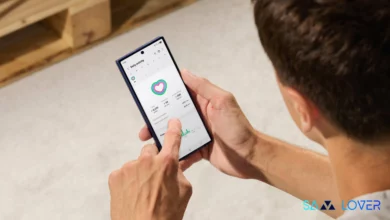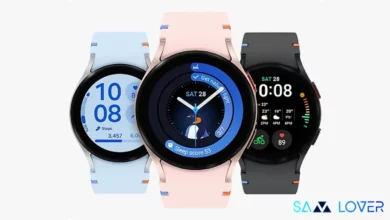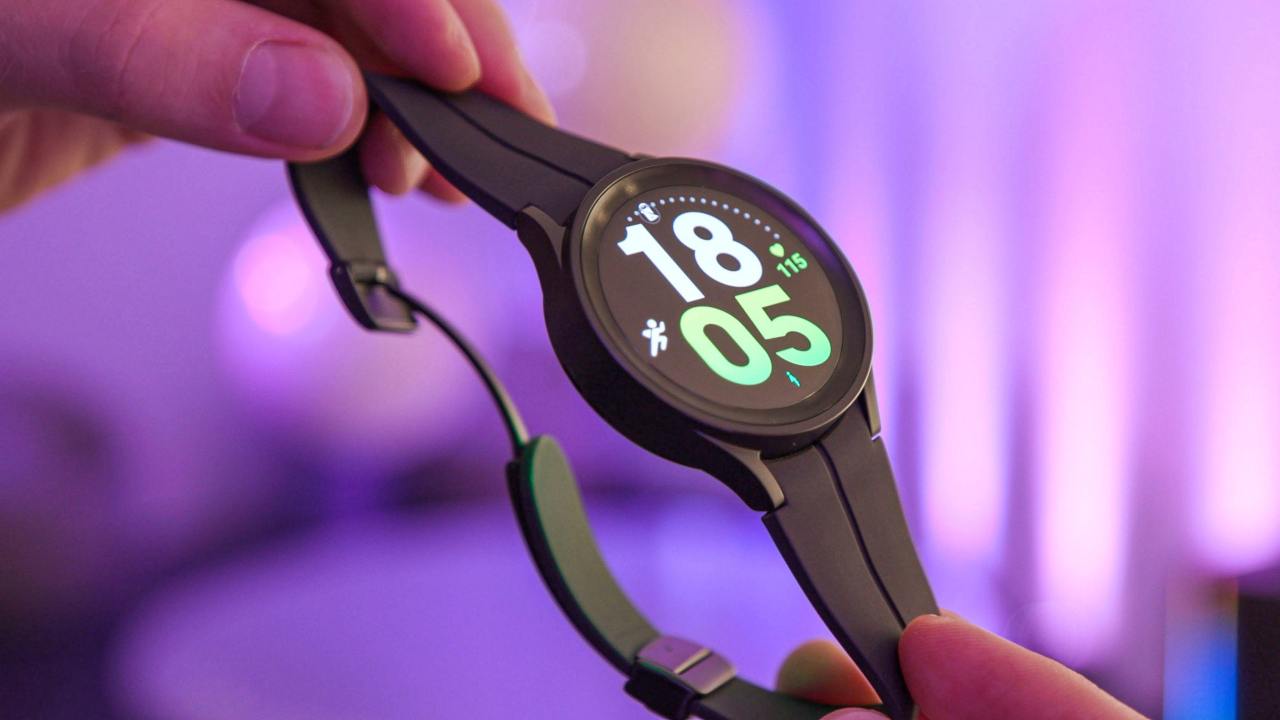Samsung Patents Method to Convert Galaxy Watch PPG Data into ECGs with GenAI
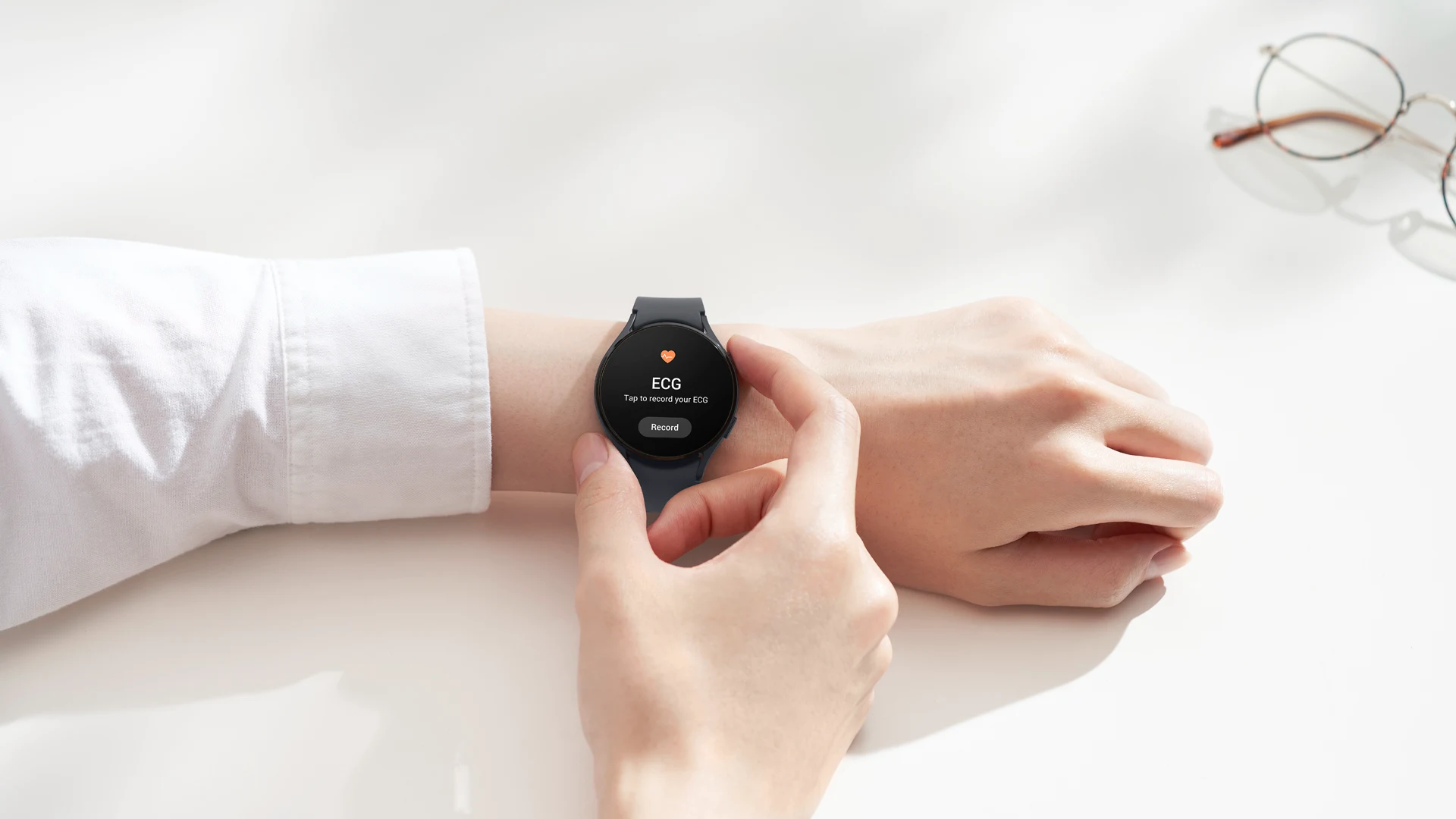
Samsung is actively working on expanding the Galaxy Watch’s functionalities for users’ convenience. The company has filed a US patent for continuous atrial fibrillation detection through PPG ECG signal translation.
Many smartwatches available on the market perform atrial fibrillation (AFib) spot checks using an ECG sensor, but unfortunately, continuous AFib data is impossible without a medical monitor. A week ago, Samsung patented a plan to convert that for the forthcoming Galaxy Watch 7 by employing a generative AI model.
Initially spotted by Wareable, the US patent “System and method for continuous atrial fibrillation detection via PPG to ECG signal translation” would “translate PPG signals to corresponding ECG waveforms.”
Samsung got FDA consent for the passive detection of irregular heart rhythms. Samsung, such as Fitbit, Apple, and Withings, can use their watches to monitor irregular heart rhythms. Although this is not a diagnosis tool, It is only capable of suggesting a potential issue and requires confirmation with a proper ECG reading.
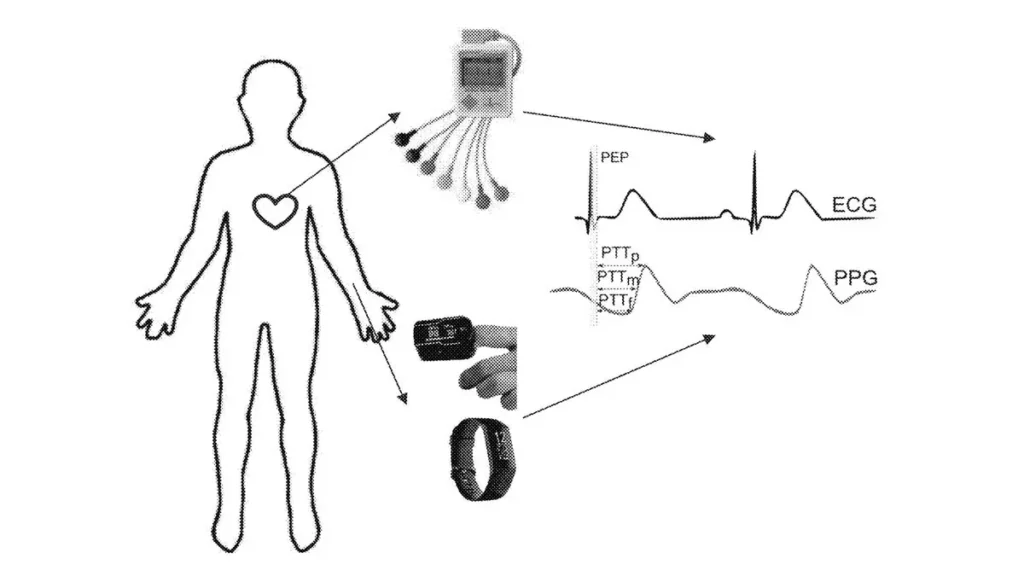
Samsung’s patented PPG-to-ECG mechanism would offer more definitive data at all times, making it more possible to catch the lead-up to serious heart conditions such as arrhythmia and heart failure. The patent describes that “conventional models” can only count on “long-term relationships” between PPG heart rhythm data and possible ECG results. Along with its GenAI models, Samsung assures that it will create a “first-order Markov relationship” between them for better accuracy.
Samsung’s patent confesses that by using generative AI, “fake information may be introduced, which affects an AFib detection result.” The giant decided to solve this by “incorporating prior knowledge in terms of probabilistic graphical models” so that it is “robust to noise,” also known as irrelevant or misleading details.
The generative AI plan of Samsung might make heart health data available to Google since it typically relies on Gemini AI.
